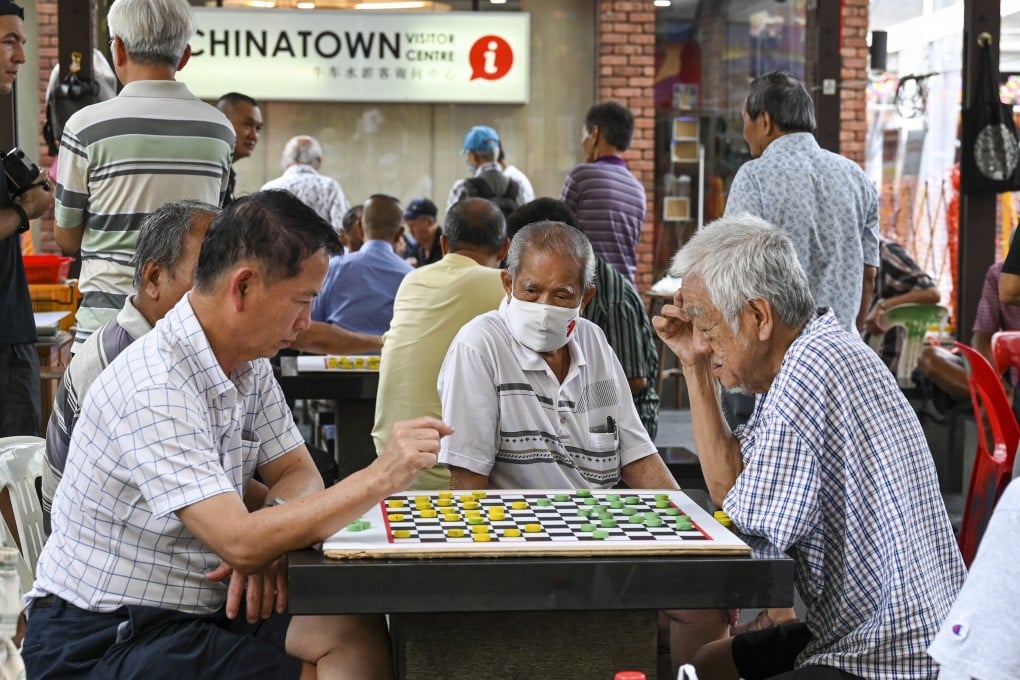Advertisement
Ageing Asia’s demographic reckoning looms for Singapore, Thailand – and Malaysia
- Southeast Asia is growing old fast, straining healthcare and social structures like never before. Can any silver linings be found?
Reading Time:8 minutes
Why you can trust SCMP
1

Santokh Singh has crossed Malaysia’s minimum retirement threshold of 60 yet continues to work, harbouring hopes of reclaiming his freedom, finding happiness, and making new connections as he ages. Lorraine, an only child caring for elderly parents in Singapore, watches her youth slip away as she juggles family obligations with other responsibilities.
Advertisement
For ageing Asians who are both financially and socially disadvantaged, like 76-year-old Gaysorn Chobtham – who lives alone in rural Thailand on less than US$50 a month – their only wish is to not be a burden in their final years.
Asia is getting older, but its governments and most of its people are struggling to keep up. Healthcare and pension costs are rising, even as the taxpaying workforce shrinks, creating what some have called a demographic time bomb.
By 2050, the Asia-Pacific will be home to 1.3 billion people aged 60 and older – a staggering one in four of the population, according to United Nations projections. Southeast Asia is forecast to bear the brunt of this demographic shift, with over 170 million elderly accounting for 22 per cent of the region’s people.
Nations like Singapore, Thailand, and Vietnam are hurtling through the process, rapidly transforming into super-aged societies.

They face a dual challenge: women may be living longer than men, but both are spending more of their years in poor health. Many are also cut off from well-funded healthcare and lack political or community representation.
Advertisement

Advertisement